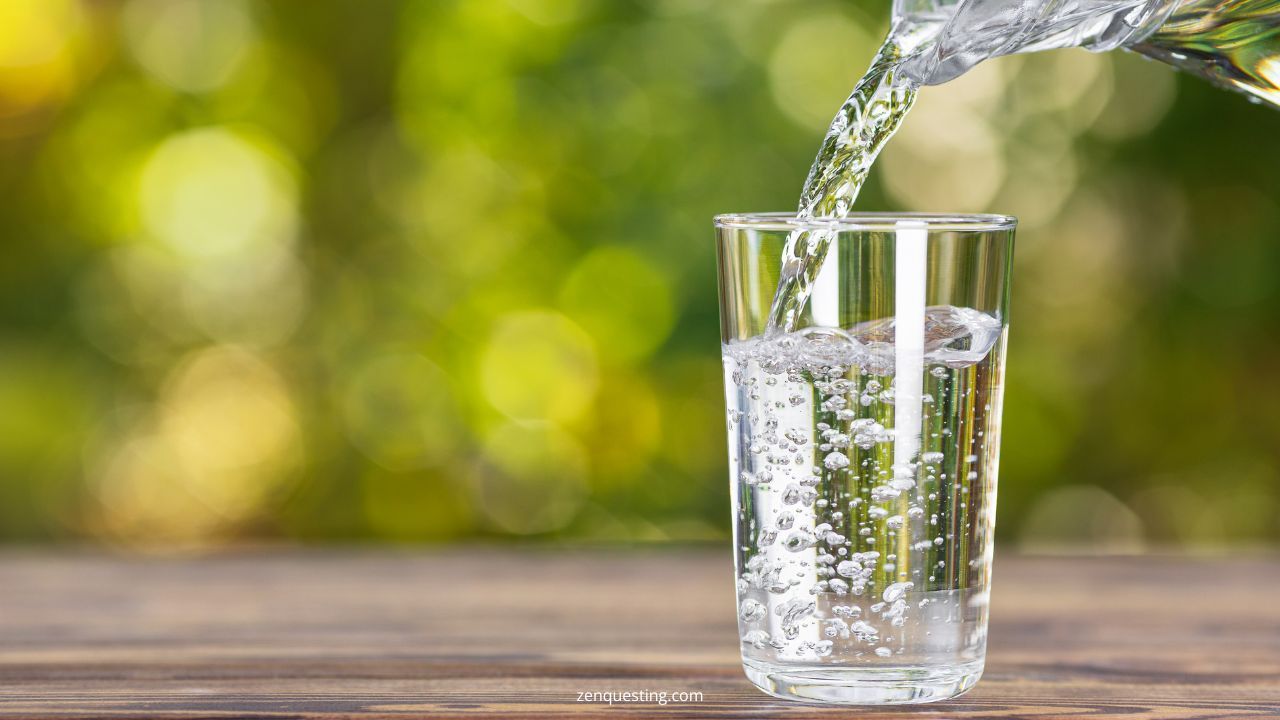The Brain-Water Connection: How Hydration Impacts Cognitive Function
The brain is composed of approximately 75% water, making hydration a critical factor for optimal mental performance. Dehydration can lead to reduced blood flow to the brain, resulting in slower cognitive function, difficulty concentrating, and memory lapses. Studies show that even mild dehydration—defined as a loss of 1-2% of body weight in water—can significantly impact mental performance and increase fatigue. Hydration helps maintain the balance of electrolytes in the brain, supports communication between neurons, and ensures efficient waste removal, all of which are vital for mental clarity.
Effects of Dehydration on Mental Clarity
When the body is dehydrated, the brain compensates by conserving water, which can hinder neural activity. This often manifests as brain fog, difficulty making decisions, or struggling to stay focused. Chronic dehydration can exacerbate these symptoms over time, potentially leading to more significant cognitive decline. For students, professionals, or anyone who relies on sharp mental acuity, staying hydrated can be the difference between peak performance and sluggishness.
Water and Brain Energy
Hydration also plays a role in maintaining the brain's energy levels. Water aids in the production of adenosine triphosphate (ATP), the energy currency of the body, by facilitating oxygen delivery to cells. Without sufficient water, your brain’s energy levels plummet, leaving you feeling lethargic and less capable of tackling mental tasks.
Hydration and Mood Regulation: The Emotional Side of Drinking Water
Water not only affects cognitive abilities but also has a profound impact on mood. Research shows that dehydration is linked to higher levels of cortisol, the body’s primary stress hormone. Elevated cortisol levels can trigger feelings of anxiety, irritability, and stress, even in low-stress situations. By staying hydrated, you can help regulate cortisol levels and maintain emotional balance.
The Link Between Dehydration and Anxiety
Dehydration can mimic the symptoms of anxiety, such as a racing heart, dizziness, and fatigue. These physical sensations may exacerbate underlying stress, creating a feedback loop of anxiety and dehydration. Drinking enough water helps the body maintain stable heart rate and blood pressure levels, reducing the physical triggers of anxiety.
Hydration for Serotonin Production
Water is essential for the synthesis of serotonin, a neurotransmitter often referred to as the “happiness hormone.” Serotonin production relies on tryptophan, an amino acid that requires water for transport and conversion within the brain. Without adequate hydration, the production of serotonin can be disrupted, potentially contributing to feelings of sadness or depression.
Signs You Might Be Dehydrated
Many people don’t realize they are dehydrated until they experience severe symptoms. Early signs of dehydration include dry mouth, headaches, fatigue, and difficulty concentrating. As dehydration worsens, symptoms such as dizziness, dark-colored urine, and muscle cramps may appear. If you frequently feel mentally sluggish or emotionally irritable, dehydration could be a contributing factor.
Tips for Staying Hydrated Throughout the Day
Start Your Day with Water
After hours of sleep, your body is naturally dehydrated. Begin your day with a glass of water to jumpstart hydration and energize your body and mind. Adding a slice of lemon or a splash of electrolyte powder can enhance hydration and provide a refreshing boost.
Set Hydration Reminders
In the busyness of daily life, it’s easy to forget to drink water. Use alarms, hydration apps, or a reusable water bottle with time markers to remind you to drink regularly. Aim for consistent intake throughout the day rather than guzzling large amounts at once.
Infuse Your Water with Flavor
If plain water feels boring, infuse it with natural flavors like cucumber, mint, berries, or citrus fruits. Flavored water can make hydration more enjoyable while providing additional nutrients.
Eat Water-Rich Foods
Fruits and vegetables such as cucumbers, watermelon, oranges, and spinach have high water content and contribute to overall hydration. Incorporating these into your meals and snacks is a delicious way to stay hydrated.
Monitor Your Hydration Needs
Your hydration needs depend on factors like age, activity level, climate, and overall health. A general rule of thumb is to drink half your body weight in ounces of water daily, but you may need more if you’re physically active or exposed to heat.
Hydration Myths: Clearing Up Common Misconceptions
One common myth is that you should drink exactly eight glasses of water a day. While this is a good starting point, individual needs vary. Another misconception is that all beverages contribute to hydration. While tea, coffee, and juice can hydrate, they may also contain diuretics or added sugars that impact overall hydration. Finally, some people believe they don’t need to hydrate during cooler months. However, staying hydrated is just as important in winter, as indoor heating and cold weather can dehydrate the body.
Hydration Tools to Help You Stay on Track
Investing in the right tools can make staying hydrated easier. Consider a smart water bottle that tracks your intake, or download a hydration app that syncs with your fitness tracker. Reusable bottles with built-in filters ensure clean, fresh water wherever you go. For athletes or those with high hydration needs, electrolyte powders or tablets can help replenish lost minerals.
Long-Term Benefits of Prioritizing Hydration
Staying hydrated has cumulative benefits for both mental and physical health. Over time, consistent hydration supports healthy brain function, enhances emotional resilience, and reduces the risk of chronic illnesses. It also promotes glowing skin, aids in digestion, and improves joint health. Making hydration a habit is one of the simplest yet most impactful steps you can take toward overall well-being.
Hydration as a Foundation for Wellness
Water is not just a basic need; it’s a vital component of mental clarity, emotional balance, and overall health. By understanding the connection between hydration, cognitive function, and mood regulation, you can take proactive steps to prioritize water intake. Incorporating simple habits like starting your day with water, eating water-rich foods, and using tools to track your intake can make a significant difference. Embrace hydration as a cornerstone of your wellness routine and experience the profound benefits it brings to your mind and body.

